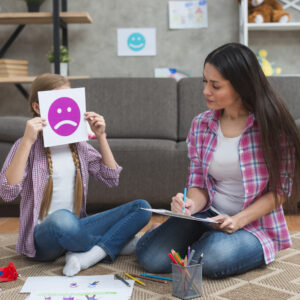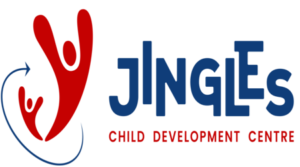Behavioral Therapy
- Home
- Services
- Behavioral Therapy

Behavioural therapy is a type of psychotherapy that focuses on changing problematic behaviours, thoughts, and emotions by modifying the underlying patterns of behaviour. It is a goal-oriented, action-focused approach that emphasizes the importance of learning and practicing new skills and behaviours to replace old, unhelpful ones.
The basic principle of behavioural therapy is that our thoughts, feelings, and behaviours are all interconnected, and that changing any one of these elements can have a positive impact on the others. For example, if someone has a fear of public speaking, a behavioural therapist might help them learn relaxation techniques to calm their anxiety, practice visualization exercises to visualize themselves delivering a successful speech, and gradually expose them to speaking in front of a small group until they feel more comfortable and confident


Behavioural therapy is often used to treat a wide range of mental health conditions, including anxiety disorders, depression, obsessive-compulsive disorder (OCD), post-traumatic stress disorder (PTSD), and substance abuse. It is also effective in addressing behavioural issues such as anger management, sleep disorders, and eating disorders.
There are several different types of behavioural therapy, including
- Cognitive-Behavioural Therapy (CBT)
- Dialectical Behaviour Therapy (DBT)
- Acceptance and Commitment Therapy (ACT)
At Jingles Child Development Centre, behavioural therapy is provided by trained professionals such as psychologists and behavioural therapists. The therapy will be involved in variety of techniques, including positive reinforcement, modelling, and social skills training, as well as parent training and family therapy.
The ultimate goal of behavioural therapy at Jingles Child development Centre is to help children develop new skills and behaviours to overcome challenges and achieve their full potential. It is important to note that each child is unique and may require an individualized approach to therapy, so the specific techniques and strategies used may vary depending on the child’s needs and goals.
